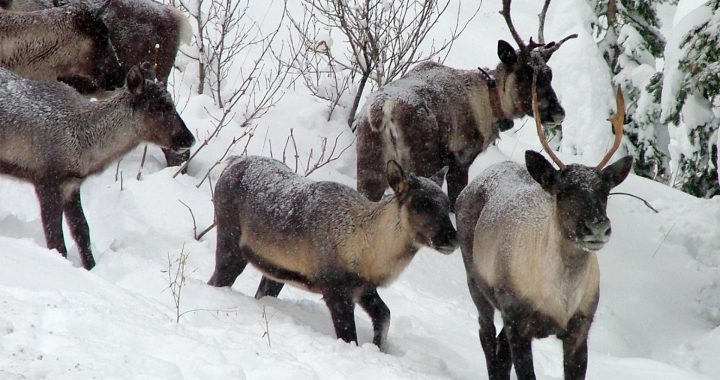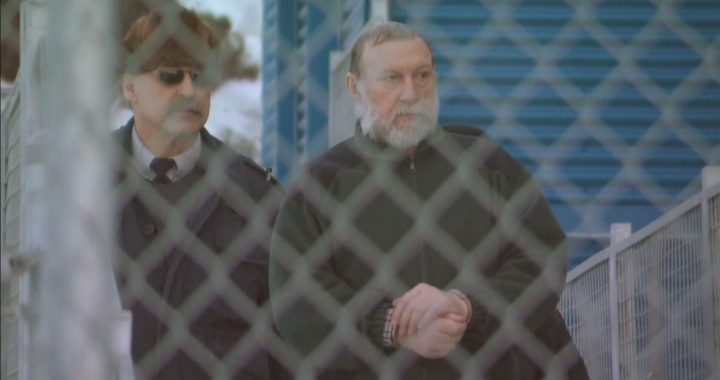Jorge Barrera
APTN National News
Canada is headed for conflicts of Oka-like intensity unless its political leaders commit to renewing the country’s relationship with Indigenous peoples, says the chair of the Truth and Reconciliation Commission.
The country is in the midst of a federal election triggered a little over two months after the Truth and Reconciliation Commission (TRC) released its historical report on Indian residential schools. The report caused a nation-wide reaction and calls from all corners on the need to fix the long neglected relationship with the Indigenous population that finds itself within Canada’s borders.
Mid-way through the current federal campaign, the TRC report and its recommendations have nearly been forgotten in the ongoing discourse about the main challenges facing the country. The issue has not even merited a specific question in any of the four federal election debates held to date.
“Right now there is a bit of complacency among the political leadership in this country that they feel that pressure is not there anymore, the need for attention is not there anymore and I think people need to be careful because there is growing awareness of rights among young Aboriginal people and that has been fed by court decisions recently which have recognized the rights of Aboriginal communities,” said TRC Chair Murray Sinclair. “The result is we don’t have a lot of leeway when it comes to ignoring the plight of Aboriginal people and change is going to have to be part of the discussion going forward.”
The TRC was created as part of the multi-billion dollar settlement agreement between Indian residential school survivors, Ottawa and the churches that operated the schools for over a century.
Thousands of children died at the school and many are still buried in unmarked graves that have been lost to memory.
The TRC issued a list of 94 recommendations in its report released this past June. The recommendations were meant as a road-map for Canada to finally fix the relationship. The Conservatives party has essentially rejected the recommendations, while the NDP and Liberal parties have accepted them all. Neither party, however, has yet presented a plan on how it would implement the recommendations.
Sinclair said the continued avoidance by the political class to take the issue head-on and the simmering tensions over resource projects is creating an environment that could produce serious confrontations.
“With the current climate of discussions around oil extraction and resource development and the desire by some within industry and some within government to ignore Aboriginal rights and allow those kinds of activities to take place without respecting those rights is certainly going to result in there being a reaction from the Aboriginal community, particularly among young Indigenous people,” said Sinclair. “Environmental issues are at the forefront of a lot of thinking in Canada and Aboriginal people have been part of the debate. I am concerned that if we fail to see the importance of changing the relationship between Aboriginal and non-Aboriginal people in this country, and in particular Aboriginal people and the governments of this country, that we will be setting ourselves up for there to be more and more confrontations.”
Those conflicts could resemble what Canada witnessed in 1990 with the Mohawk resistance in Kanesatake, Quebec known as the Oka crisis, he said.
“My concern is that if we don’t come to terms with this relationship question, we are going to have another Oka,” said Sinclair.
Politicians from all partisan stripes, and the general Canadian population, realized immediately after the Oka crisis that something had to change in the relationship between Canada and the original inhabitants of this land, he said.
“After Oka, every political entity, every political party took serious steps to acknowledge and make the issue of the relationship with Indigenous people the focus of their endeavours,” said Sinclair. “With the elections that occurred in the 1990s it got lost in the scheme of things…the result is it fell off the political radar and now it needs to get back on it.”
Sinclair there is a deeper issue at play that allows an almost immediate amnesia to set in the moment the smoke clears from the latest crisis.
“People get their sense of what is newsworthy and what’s important from the media and it is because of the way they are fed information from the media that there are peaks and valleys in reactions and commentary. It is the lack of education about the way Canada has evolved as a nation that has really contributed to or created that problem,” said Sinclair. “It is because there has never been implanted into the Canadian memory bank any knowledge of the true relationship relating to Aboriginal people in this part of the world….When people know what the full history is they will not react with a loss of memory because it will be so deeply embedded of who they are as Canadians that they will feel that this is about them too.”










